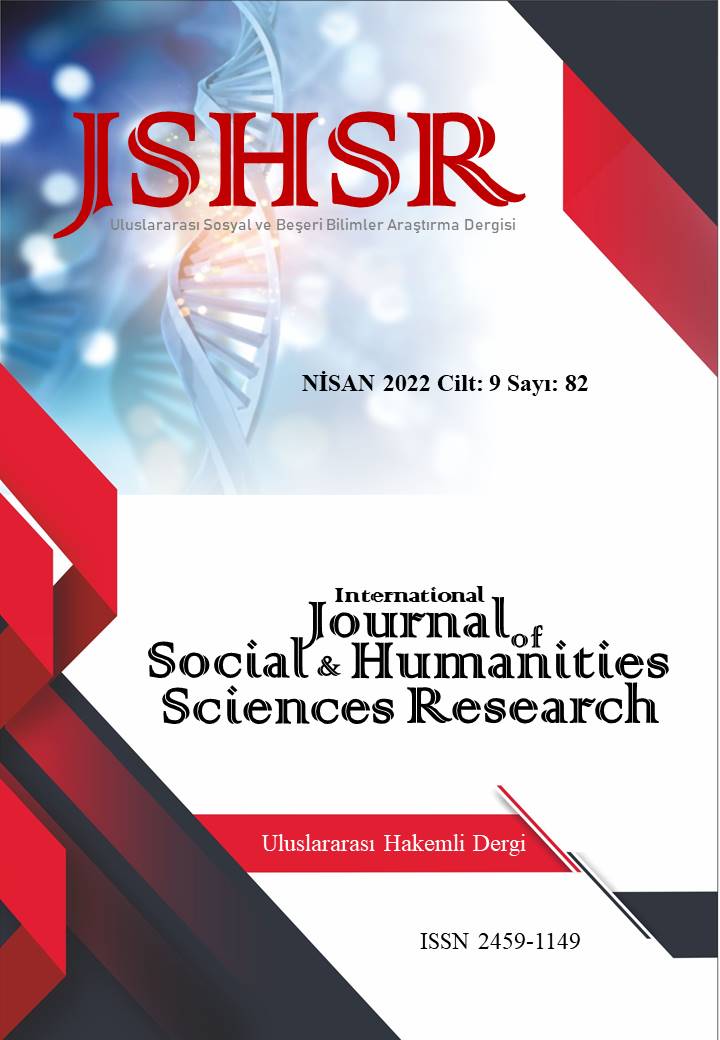THE PROTAGONIST ARNOLD'S PHYSICAL AND DIGITAL DECADENCE IN THE NOVEL "PARK" BY MARIUS GOLDHORN
DOI:
https://doi.org/10.26450/jshsr.3051Keywords:
Physical being, Digital being, Decadence, Arnold, Park, Marius GoldhornAbstract
Since the beginning of the 21st, near-body digital technologies consist of mobile internet-connected portable small devices. They are an inseparable part of daily life. Users have physically and psychologically an intimate relationship with them. Digital beings and the global network are an extension of users' bodies. Users lose their bodies' integrity and can’t have control over their bodies. Accordingly, the users' self loses its central location, and the self-being gets involved simultaneously in the physical and digital world. The existence of the self in the physical world falls into danger because the technological man of the digital age can't focus on himself and his life intensely. The self suffers from physical and psychological disorders. In the novel "Park" by Marius Goldhorn, the protagonist Arnold tries to have his being under these circumstances. The internet-connected digital devices have an important place in his daily life. His daily behaviors automatically become routine and unconscious because he busies himself permanently with the internet connected-digital devices. The boundaries between the physical world and the digital world are blurring. A hybrid type derived from an interaction between humans and machines, such as Arnold, emerges. He loses the basis of his physical being in the world and is dispersed in the nothingness of the digital world. His time perception decays. He has digital dementia and gets into a digital depression since he is generally unhappy. Consequently, he is detached physically and psychologically from life; in other words, he dies. He dies too digitally since he can't connect to the internet. His physical and digital decadence happens simultaneously.
Downloads
Published
How to Cite
Issue
Section
License
Copyright (c) 2022 INTERNATIONAL JOURNAL OF SOCIAL HUMANITIES SCIENCES RESEARCH

This work is licensed under a Creative Commons Attribution 4.0 International License.


